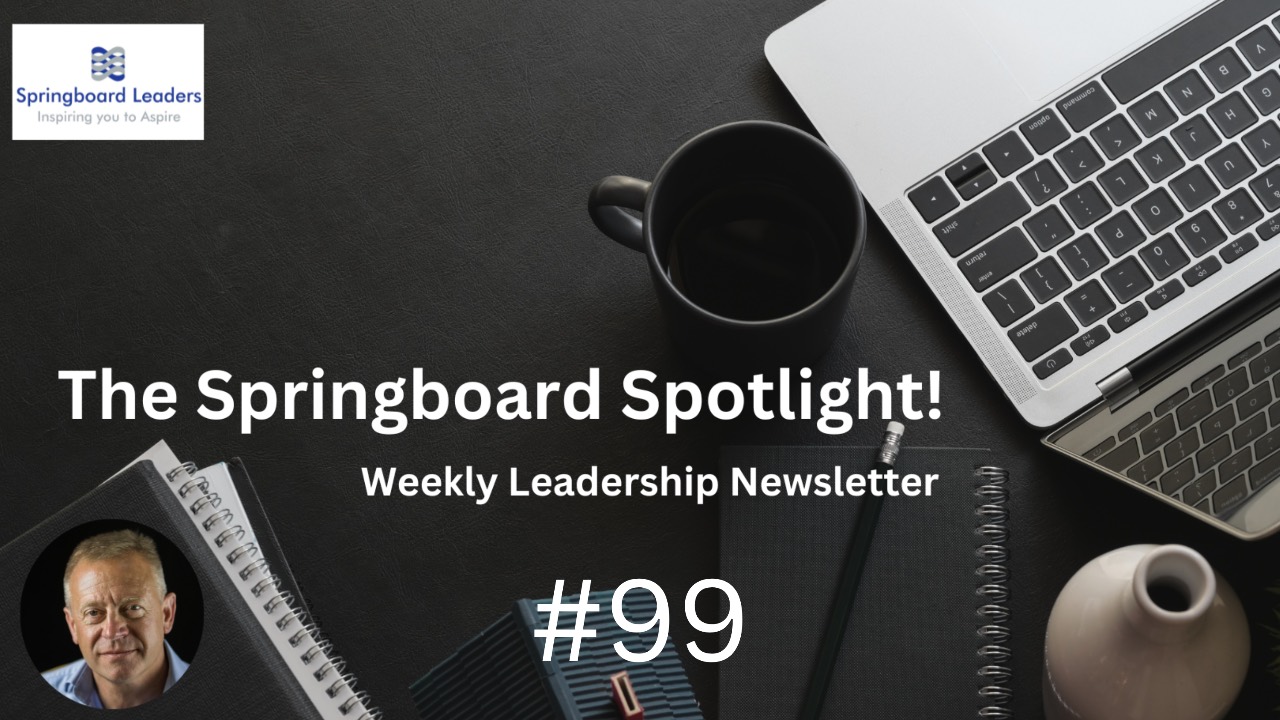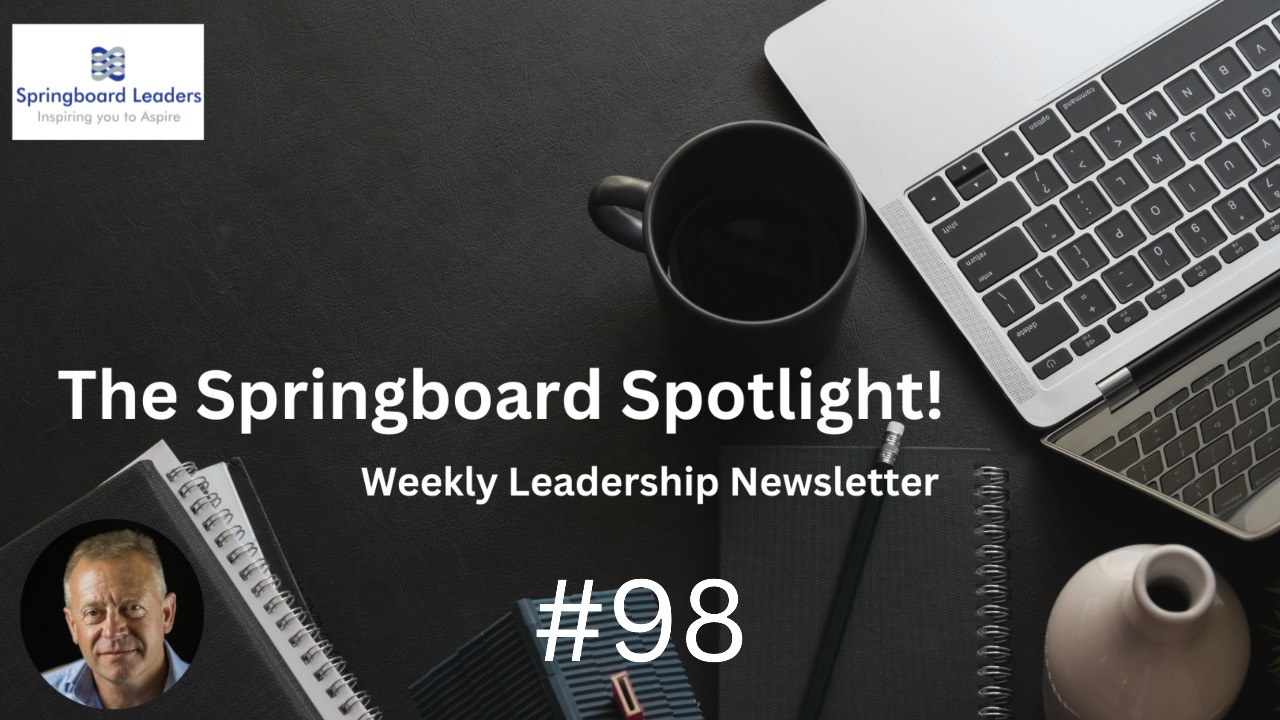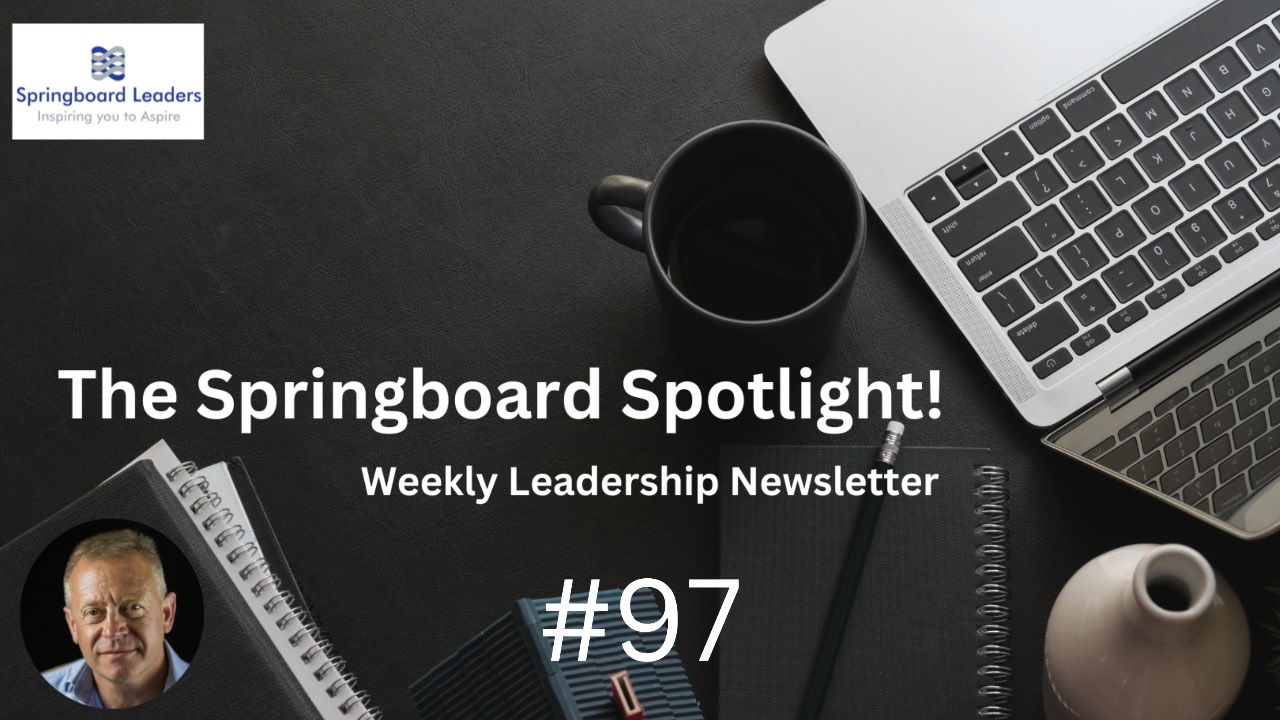#84 - Fighting Frustration!
22 Oct 25
Frustration is one of the most dangerous emotions in leadership not because it’s explosive, but because it’s subtle.
It creeps in quietly when things don’t go to plan, when people underperform, or when expectations aren’t met. And while it feels justified in the moment, frustration is corrosive.
It clouds judgement, it leaks into your tone and it can undo months of trust in a single conversation.
Great leaders don’t eliminate frustration, they learn to control it before it controls them.
What?
Frustration is the emotional signal that reality isn’t matching your expectations.
It’s your inner alarm system saying: 'This isn’t how it should be.'
In leadership, that mismatch happens daily. Through missed deadlines, slow decisions, unclear communication or resistance to change.
Frustration itself isn’t the enemy. It’s what you do with it that determines whether it becomes a source of clarity or a weapon of destruction.
Left unmanaged, frustration changes the climate around you. People stop bringing you problems. They stop challenging ideas. They start managing your reactions instead of their performance.
That’s the quiet erosion of leadership effectiveness.
Why?
Frustration matters because it silently shapes the emotional tone of your team.
When a leader’s frustration goes unchecked:
-
Decisions become reactive, not strategic.
-
Communication becomes directive, not collaborative.
-
Energy shifts from problem-solving to self-protection.
Your people will mirror the emotional state you bring into the room. If you lead with tension, they’ll respond with avoidance. If you lead with composure, they’ll respond with trust.
Frustration is contagious, but so is calm.
How?
-
Name it early
Learn to recognise the physical and emotional signs; faster pulse, shorter patience or a sharper tone. Simply acknowledging, 'I’m frustrated right now,' creates space between you and your reaction. -
Pause before you pounce
Frustration makes you want to act, to fix, correct or assert control. But impulsive action almost always costs more later. Take a breath, take a walk or defer the conversation. You rarely regret what you didn’t say in frustration. -
Reframe your expectations
Ask: 'Is this frustration about them, or about me wanting control?' Often, frustration stems from perfectionism or unclear expectations not incompetence. Shifting from blame to curiosity transforms tension into teaching. -
Channel it productively
Use the energy behind frustration to improve systems, clarify communication or coach performance. Frustration, when directed wisely, can become fuel for improvement rather than fallout. -
Reflect and adjust
After tense moments, review what triggered it. Understanding your frustration patterns is how you prevent them from repeating.
In Summary
Frustration is inevitable in leadership. But how you manage it defines your maturity and credibility.
Let frustration lead you, and you’ll create fear. Lead frustration, and you’ll create trust. Because leadership isn’t about never feeling frustrated. It’s about never letting frustration take the lead.
Composure isn’t passive, it’s power under control.
Have a great week!
Whenever you're ready, here's how I can help you:
- Resources - Reading is an essential component to developing your own authentic leadership style. Check out my resources page for really inspiring books which I have found invaluable within my own leadership journey,
- Springboard Store - Check out my store where you will find a mixture of FREE and paid products.
- Leadership Skills Evaluator - If you are an experienced leader, how do you assess if your current skillset is up to date, or if you have any gaps? Or understand if it is developed enough to equip you for the next two roles? This is where the Leadership Skills Evaluator comes in. Answer 30 questions spread across 10 key leadership areas to assess your current capability. It's absolutely FREE to take the assessment, and you will receive a personalised report delivered immediately into your Inbox on completion!




Responses